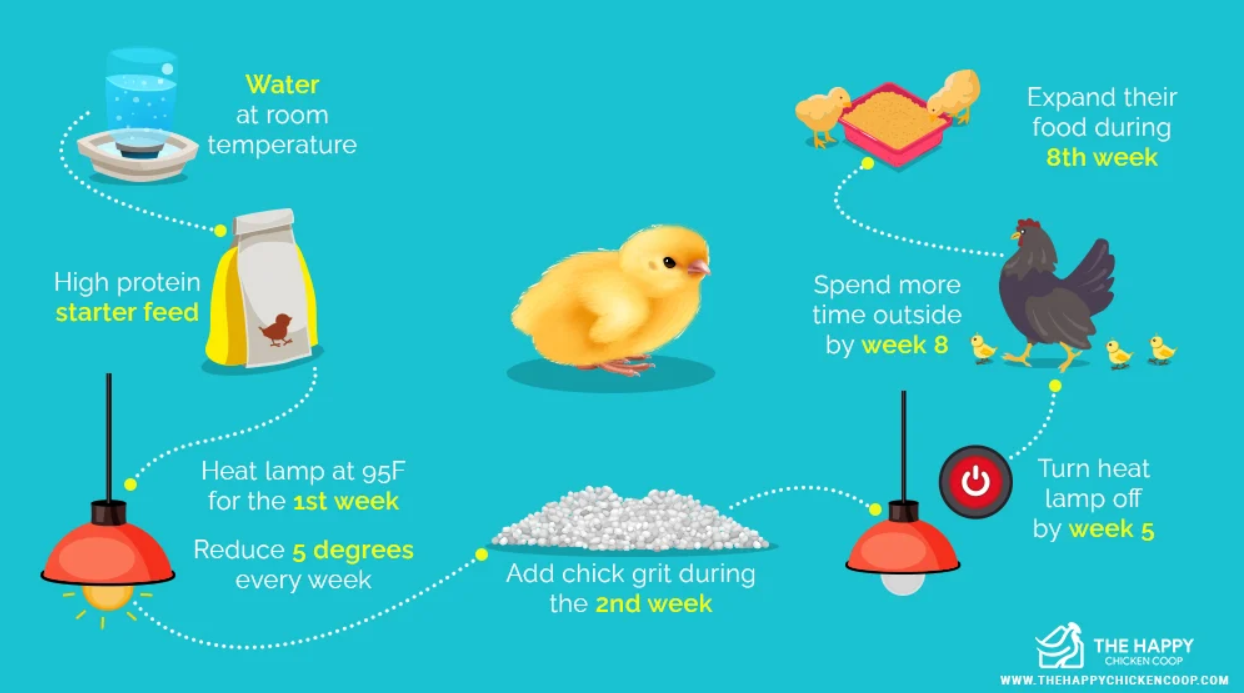Gestation Period for Chickens: Understanding the Developmental Timeline
Chickens are fascinating creatures that play a significant role in agriculture and our daily lives. One crucial aspect of chicken reproduction is the gestation period, which refers to the time it takes for eggs to develop and hatch into chicks. In this article, we will explore the gestation period for chickens, highlighting the key stages and providing valuable insights into this fascinating process.

If You Use this info please Give Link – God Bless Greg
I. What is the Gestation Period for Chickens?
The gestation period for chickens, also known as the incubation period, is the time it takes for eggs to develop and hatch into chicks. It is an essential stage in the reproductive cycle of chickens and determines the successful production of new offspring.
II. Duration of the Gestation Period:
The gestation period for chickens varies depending on several factors, including breed, environmental conditions, and egg fertility. On average, the gestation period for chickens is around 21 days, but this can range from 19 to 23 days. However, it is crucial to note that certain breeds may have slightly different gestation periods.
III. Stages of Chicken Development during the Gestation Period:
During the gestation period, the chicken embryo goes through several distinct stages of development. Understanding these stages is essential for successful incubation and hatching. Let's explore them in detail:
1. Fertilization and Egg Formation:
Before the gestation period begins, the hen's reproductive system undergoes a complex process of egg formation. Once the egg is formed and released, it awaits fertilization by the rooster's sperm.
2. Incubation:
After fertilization, the hen starts incubating the eggs by sitting on them to provide the necessary warmth for development. The incubation process begins once the eggs are placed under the hen or in an artificial incubator.
3. Embryonic Development:
During the gestation period, the chicken embryo undergoes significant changes. These include the development of vital organs, the formation of the circulatory system, and the growth of feathers and beak.
4. Hatching: Towards the end of the gestation period, the chick starts to break through the eggshell using its beak. This process, known as hatching, marks the end of the gestation period and the beginning of a new life.

Stage 2 of Chicken Life Cycle: Chick
IV. Factors Influencing the Gestation Period:
Several factors can affect the gestation period for chickens. Let's discuss a few significant ones:
1. Breed Variations:
Different chicken breeds may have slightly different gestation periods. It's essential to be aware of these variations when incubating eggs from different breeds.
2. Temperature and Humidity:
The environmental conditions during incubation play a crucial role in the gestation period. Maintaining the optimal temperature and humidity levels ensures proper development and successful hatching.
3. Egg Fertility:
The fertility of the eggs determines the potential for successful development. Eggs that are infertile or have poor fertility may not hatch, leading to a longer gestation period.
V. Comparing the Gestation Period of Different Poultry:
To provide a broader perspective, let's compare the gestation period of chickens with other poultry:
Poultry | Gestation Period
Ducks | 28 days
Turkeys | 28 days
Quails | 16-17 days
Understanding the gestation period for chickens is vital for successful incubation and hatching. With an average duration of around 21 days, this period involves various stages of development, culminating in the hatching of chicks. By considering factors such as breed, environmental conditions, and egg fertility, farmers and poultry enthusiasts can ensure optimal conditions for the development of healthy chicks. Proper care and monitoring during the gestation period